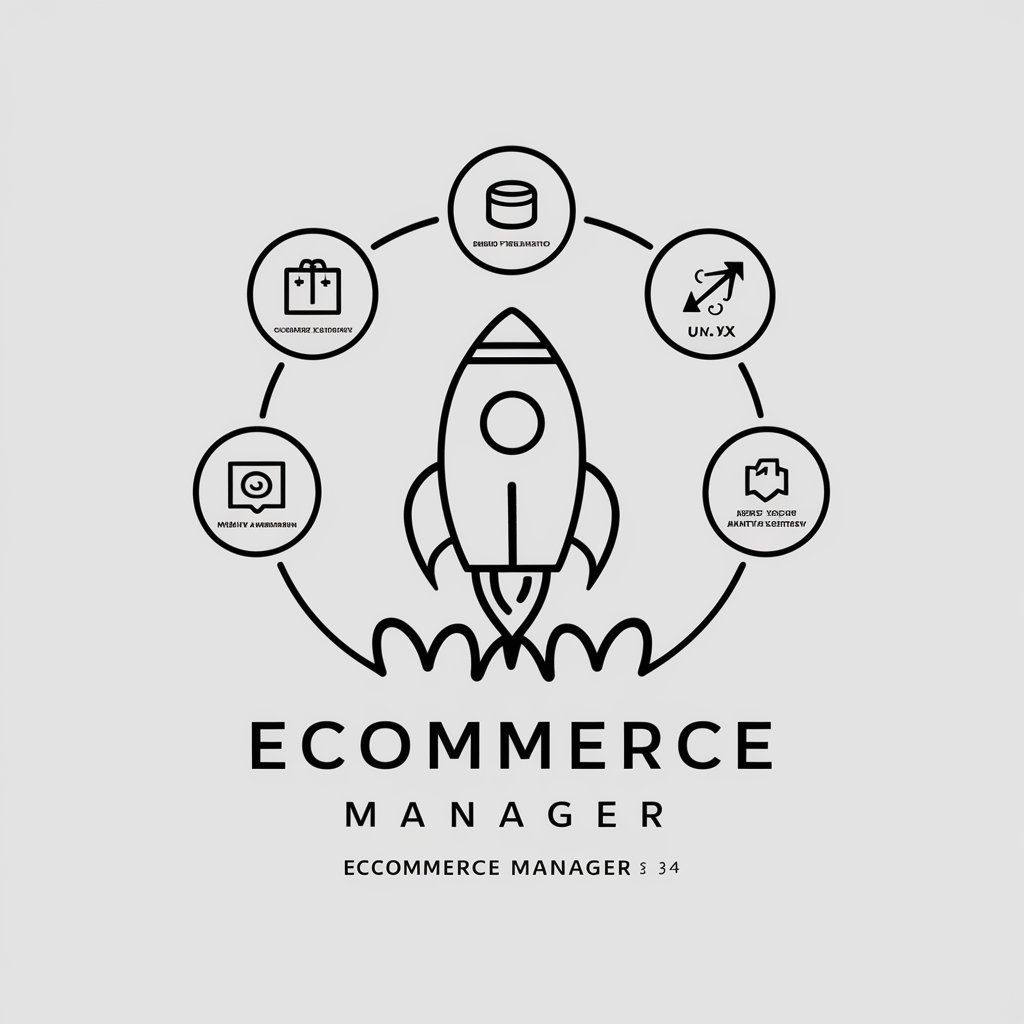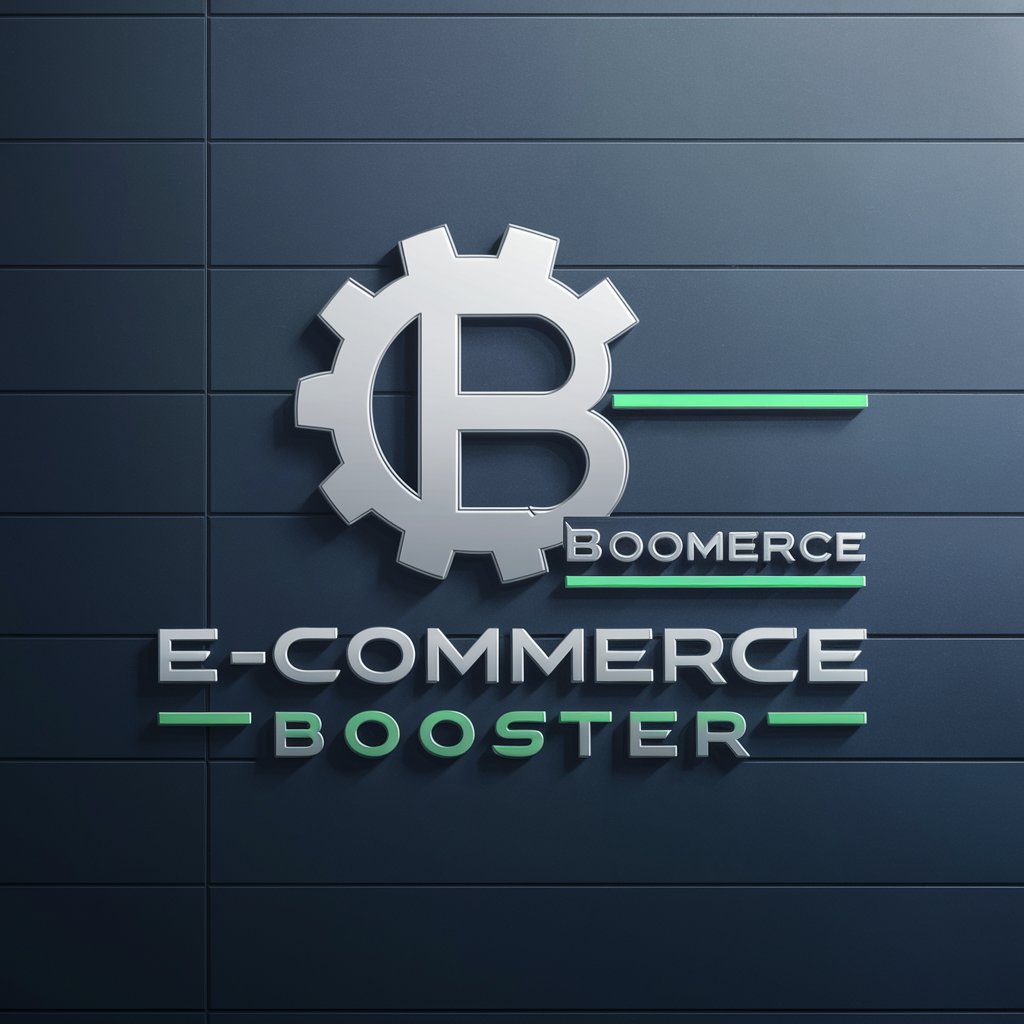
Commerce Engineer - Ruby, AWS, E-commerce Integration
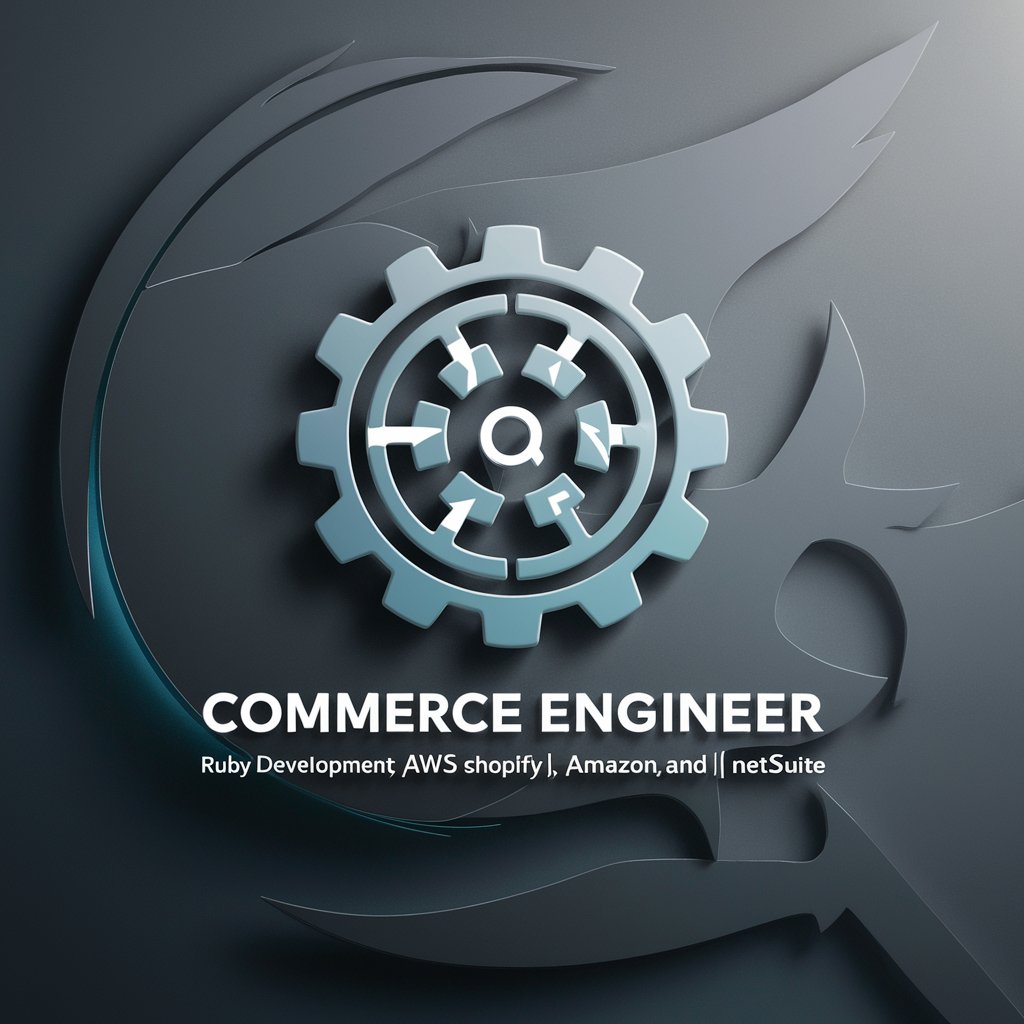
Hello! How can I assist you with your Ruby and integration needs today?
Empowering E-commerce with AI-driven Integration
How can I integrate Shopify data into my Ruby on Rails application?
What are the best practices for deploying a Ruby app on AWS?
How do I manage NetSuite transactions from an Amazon store?
What steps are involved in connecting a 3PL warehouse with Shopify?
Get Embed Code
Overview of Commerce Engineer
Commerce Engineer is a specialized AI model designed to assist in Ruby development, with a particular focus on integrating and deploying technologies on the Amazon AWS platform. This model serves to bridge the gap between e-commerce platforms such as Shopify and Amazon, logistics management for third-party logistics (3PL) warehouses, and transaction handling in NetSuite. The purpose behind Commerce Engineer is to provide developers, businesses, and IT professionals with advanced guidance, technical solutions, and support for implementing and managing e-commerce and logistics operations more efficiently. Examples of its application include automating data synchronization between Shopify and Amazon, optimizing AWS deployment configurations for e-commerce applications, and streamlining NetSuite transactions to enhance financial and inventory management processes. Powered by ChatGPT-4o。

Core Functions of Commerce Engineer
Integration between e-commerce platforms and logistics
Example
Automating the transfer of sales data from Shopify to Amazon, triggering shipment processes in a 3PL warehouse system.
Scenario
A business sells products on both Shopify and Amazon. Using Commerce Engineer, they can automatically sync sales and inventory levels between both platforms, and upon each sale, automatically notify their 3PL provider to prepare the corresponding item for shipment.
AWS Deployment and Optimization
Example
Configuring AWS services such as EC2, RDS, and Lambda for optimal performance and cost-efficiency for e-commerce applications.
Scenario
An e-commerce company requires a scalable and reliable cloud infrastructure. Commerce Engineer guides the setup of AWS services, ensuring they are optimized for handling variable loads, securing transactions, and reducing operational costs through efficient resource use.
NetSuite Transaction Management
Example
Automating financial entries and inventory adjustments in NetSuite based on e-commerce transactions.
Scenario
Upon completing a sale on Shopify or Amazon, Commerce Engineer can automate the creation of corresponding financial transactions and inventory adjustments in NetSuite, ensuring real-time accuracy of financial and inventory records.
Target User Groups for Commerce Engineer
E-commerce Developers
Developers who specialize in e-commerce platforms like Shopify and Amazon will find Commerce Engineer invaluable for integrating systems, automating data flows, and optimizing cloud infrastructure. This user group benefits from streamlined development processes and improved operational efficiency.
IT and Logistics Managers
IT and logistics managers responsible for overseeing the technical aspects of e-commerce operations and logistics will find Commerce Engineer useful for automating and optimizing logistics workflows, reducing manual intervention, and enhancing accuracy in inventory and shipping processes.
Business Analysts in E-commerce
Business analysts focusing on e-commerce can leverage Commerce Engineer to obtain insights into data integration points, assess the efficiency of cloud deployments, and analyze the financial impact of e-commerce transactions on NetSuite. This helps in making data-driven decisions for business growth.

How to Use Commerce Engineer
1
Start by exploring yeschat.ai for an initial, complimentary access, bypassing any requirement for logins or subscriptions to ChatGPT Plus.
2
Determine your specific needs or challenges related to Ruby development, AWS deployment, or integrating Shopify, Amazon, and NetSuite with your systems.
3
Utilize the provided documentation and examples to understand how Commerce Engineer can be applied to your use case, focusing on API integrations, data management, and automation.
4
Experiment with small, controlled projects to familiarize yourself with the tool's capabilities and how it can enhance your e-commerce or IT infrastructure.
5
Leverage the community forums or support channels for any queries or issues you encounter for a more tailored experience and to maximize the tool’s potential.
Try other advanced and practical GPTs
Commerce Guru
Empowering Commerce with AI

Commerce Linguist
Translate commerce, power your trade.
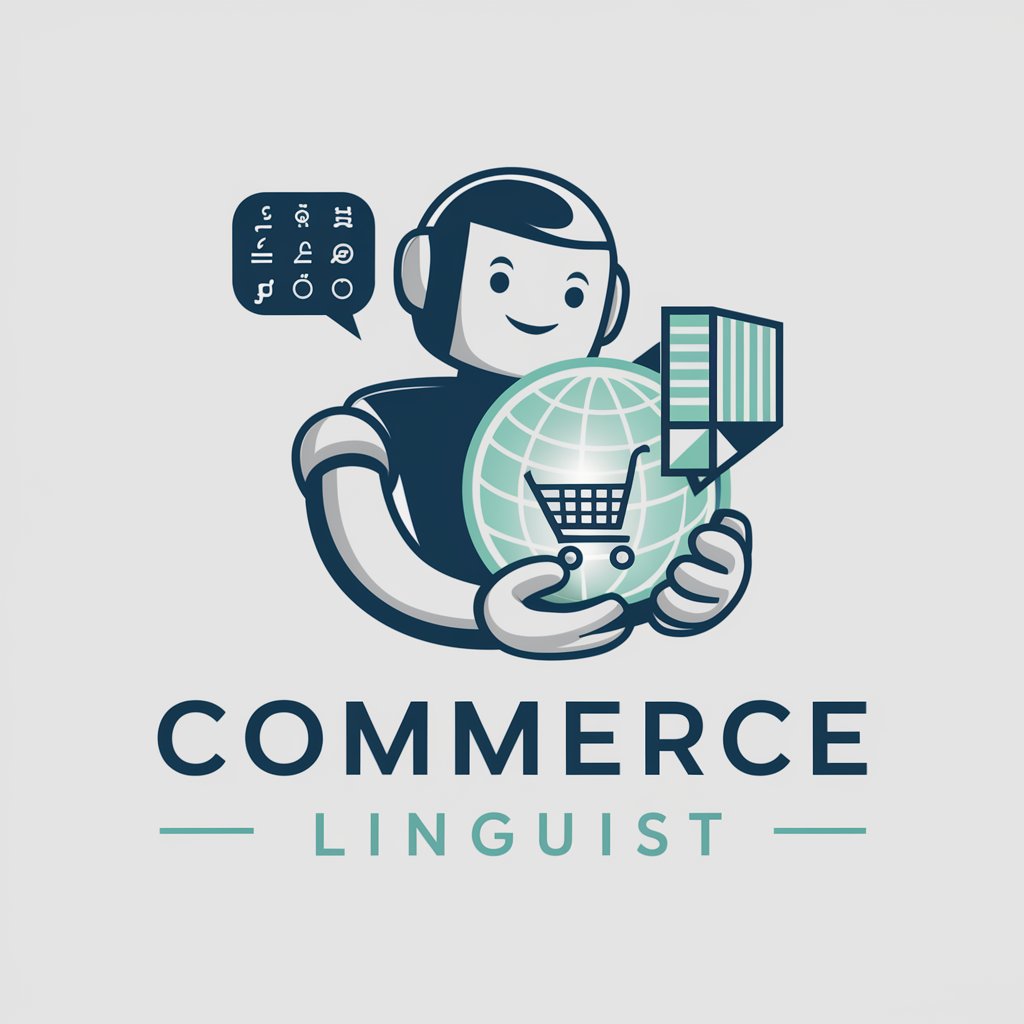
E-commerce Voice Commerce Mentor
Revolutionizing E-commerce with AI Voice Technology

GPT Store Assistant
Navigate AI with ease.

Story Store
Where stories are the currency, powered by AI

Shop Dev Guru
Elevate Your Online Store with AI-Powered Development

Commerce Companion
Innovating business strategies with AI.

E-commerce Listing Optimizer
Maximize Visibility, Maximize Sales

E-Commerce Expert
Empowering Your Online Store with AI

React Tailwind Guru
Empowering React developers with AI-powered Tailwind CSS insights.

Tailwind Code Wizard
Automate your CSS workflow with AI
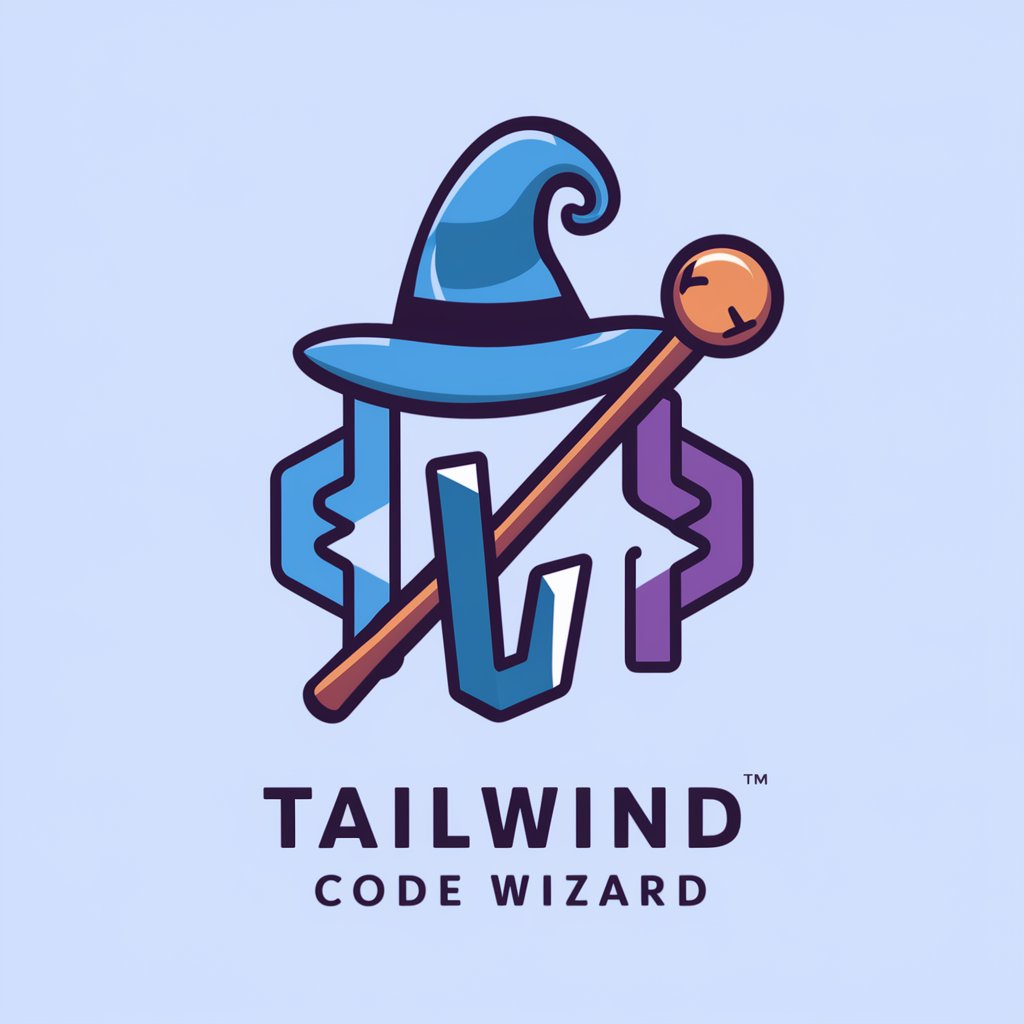
Typescript/React/Tailwind
Streamline Frontend Development with AI
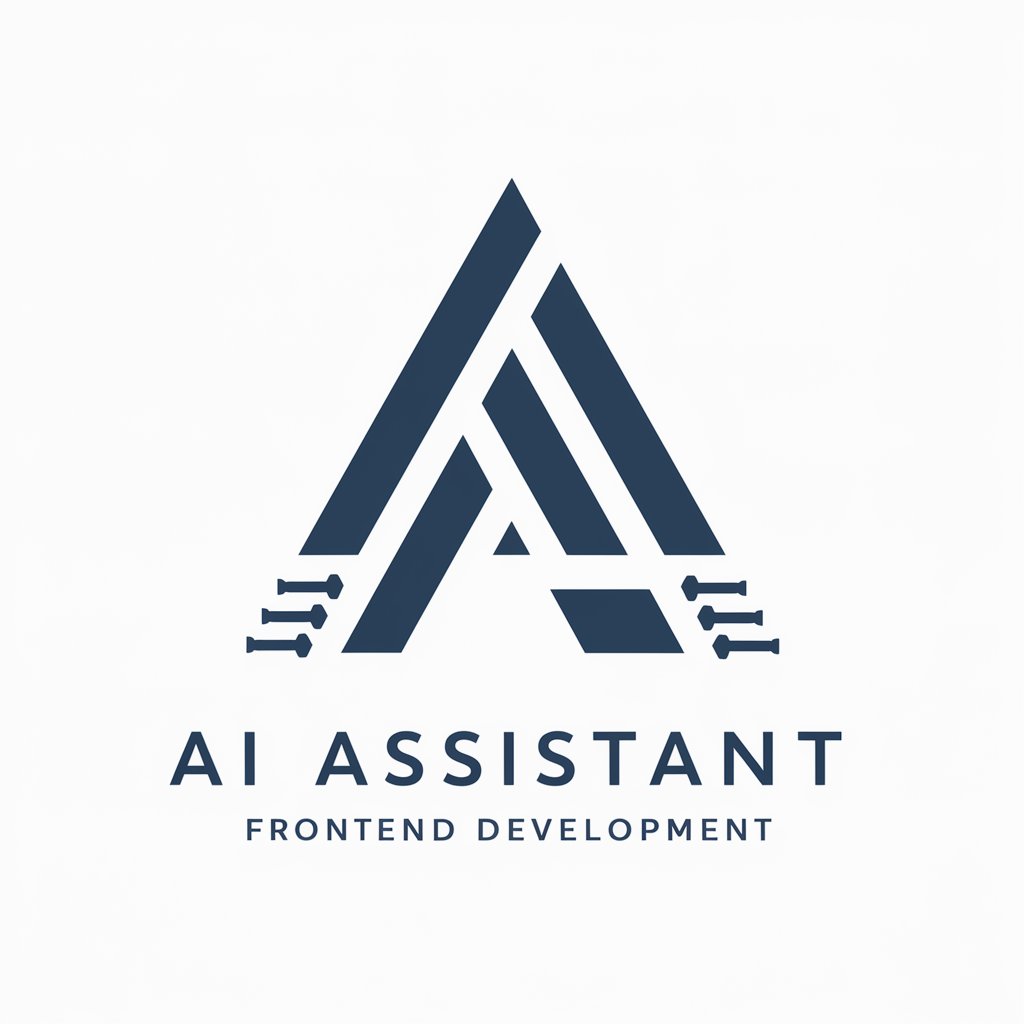
Frequently Asked Questions About Commerce Engineer
What programming languages is Commerce Engineer built on?
Commerce Engineer primarily utilizes Ruby for its core development processes, integrating seamlessly with AWS for deployment and managing data from Shopify, Amazon, and NetSuite.
Can Commerce Engineer help in automating my e-commerce logistics?
Absolutely, it specializes in integrating logistics for 3PL warehouses, streamlining operations and automating data flow between your e-commerce platforms and logistics providers.
How does Commerce Engineer handle data synchronization between platforms?
It employs a robust API integration framework that facilitates real-time data synchronization across your Shopify, Amazon, and NetSuite accounts, ensuring accurate and up-to-date information across your sales channels.
Is there support for AWS cloud services within Commerce Engineer?
Yes, it offers extensive support for deploying and managing applications on Amazon AWS, including configuring and utilizing various AWS services to optimize your infrastructure for scalability and reliability.
What makes Commerce Engineer different from other e-commerce integration tools?
Its unique blend of Ruby development expertise, specialized focus on AWS, and deep integration capabilities with Shopify, Amazon, and NetSuite set it apart, offering a tailored solution that addresses complex e-commerce and IT infrastructure challenges.
